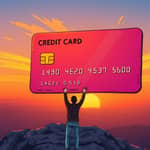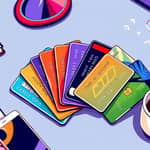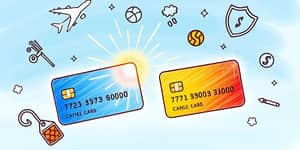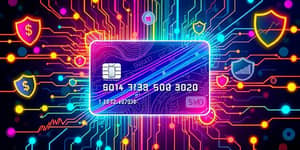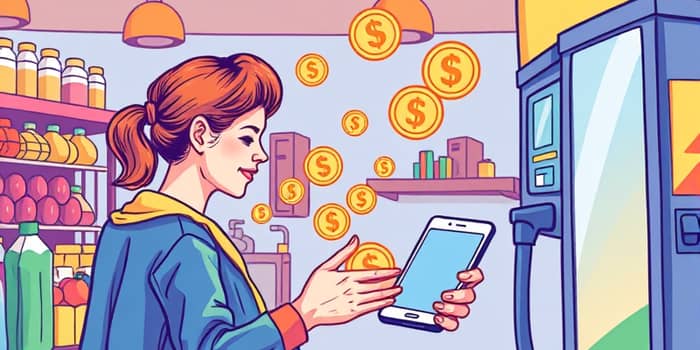
In a world saturated with loyalty cards, apps, and points schemes, it can feel overwhelming to try and maximize every dime you spend. Yet, modern programs are designed to fit seamlessly into your normal routine, allowing you to turn routine purchases into perks without altering how or where you shop. Whether you’re grabbing your morning coffee or filling up the tank, every transaction can help you earn valuable rewards.
Statistics reveal that the average U.S. consumer belongs to 16.7 loyalty programs but actively engages with only 6-7 of them. Globally, more than 94% of people are members of at least one program, signaling that brands are investing heavily in loyalty efforts—and consumers are taking notice.
Members of these programs spend 12-18% more annually than non-members, and 64% of participants intentionally increase their spending to maximize benefits. For paid loyalty plans, nearly 60% of members engage with this strategy. Brands, in turn, see an uplift of 15-25% in annual revenue from active program users, proving that these initiatives are mutually beneficial.
Today’s market is moving rapidly toward automatic points accumulation without effort through digital-first ecosystems. By 2025, the global loyalty market is expected to reach $93.79 billion, growing at nearly 16% year-over-year, and forecasted to hit $155.22 billion by 2029. Mobile integration is the driving force: over 80% of consumers are ready to download loyalty apps to manage points, redeem rewards, and track offers in real time.
Brands are also focusing on personalization—57% customize rewards and communications—while 45% incorporate gamified mechanics, like McDonald’s Monopoly, to create excitement. Experience-based rewards, offered by 34% of top brands, grant users access to exclusive events and immersive benefits beyond simple discounts.
You don’t have to join dozens of schemes or radically change your habits to reap the benefits of rewards programs. Many leading brands and financial institutions have built reward structures that operate behind the scenes of your normal spending behavior.
To gain value from routine spending, begin by mapping your usual purchases—groceries, coffee runs, dining out, or fuel stops—and then align them with programs that reward those exact categories. Always link your loyalty accounts and enable in-app tracking to ensure seamless point accumulation.
When using credit cards, select one that offers the highest cashback or points rate on your primary spending areas. Then, pay off your balance each month to avoid high APR charges—currently averaging 21.37% on existing cards and 24.33% for new offers. By doing so, you transform your necessary expenses into a source of value, rather than a cost burden.
Loyalty programs thrive on established routines. When rewards are embedded directly into a habitual action—like tapping your phone to pay or scanning a card at checkout—participation feels effortless. Behavioral research shows that these personalized benefits at your fingertips reinforce positive feedback loops, encouraging continued engagement without mental friction.
Additionally, gamification elements—such as status tiers, badges, and challenges—add an element of fun and competition. This subtle stimulation can motivate up to 45% of members to explore deeper engagement, unlocking higher-value rewards simply by following the same patterns they already have.
Getting started is simpler than you might think. Follow these steps to ensure you never miss out on earning and redeeming rewards:
By following these simple guidelines, you can transform every purchase—no matter how small—into an opportunity to earn value back, building up free services, discounts, and exclusive experiences over time.
Ultimately, loyalty and rewards programs have evolved to meet the needs of consumers who crave convenience and personalization. By tapping into these systems, you can enjoy a wealth of benefits without the hassle of changing your everyday behavior. Start today, stay consistent, and watch your routine spending become a powerful tool for unlocking rewards.
References
